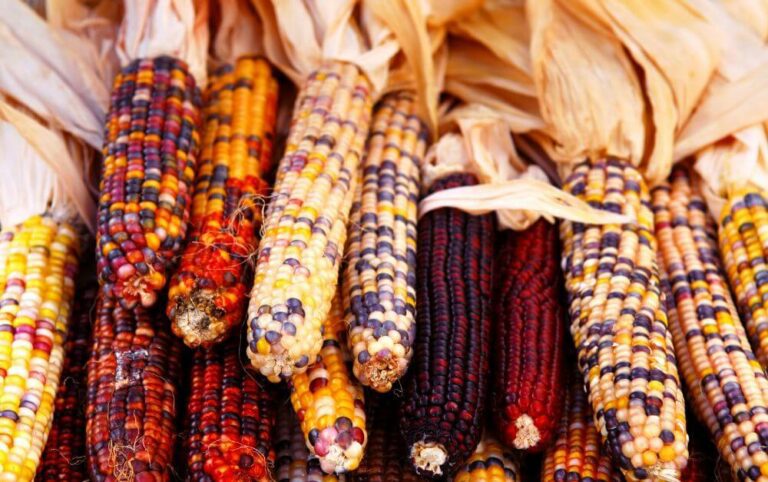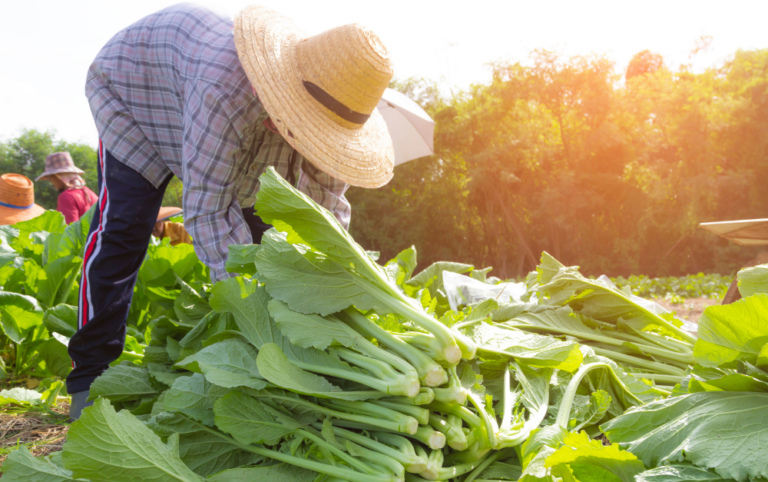On April 1, 2024, Mexico was set to follow through with its 2020 commitment to ban the toxic herbicide glyphosate (the active ingredient in Bayer’s Roundup in the USA and Faena in Mexico) by 2024. When the plan to phase out glyphosate and genetically engineered (GE) corn was originally laid out, Mexico’s government cited the purpose of the new policies as “contributing to food sovereignty and security” and the health of the Mexican people, as well as protecting native corn from contamination by GE pollen. Glyphosate is a pervasive herbicide frequently used on corn and other commodity crops, and genetically engineered corn is often modified to—among other things—be resistant to glyphosate.

News & Analysis
About every five years, the U.S. Congress passes the biggest set of food and farming policies that define the majority of federal farm, food, nutrition, and rural economic programs. At a cost of about $440 billion over five years, these programs influence: What is grown; who grows it; how it is grown or produced; what is done with those products and where they are sold; who can access and afford those goods; and how we invest in rural communities.
By supporting good legislation, opposing bad legislation, and building up a network of supporting organizations, it is our hope that we can collectively move the needle on farmworker rights in the right direction.
Watch and listen as two experienced farmers share stories and practical approaches for small-scale, diversified farms that use the principles of agroecology. This discussion may provide you with ideas that small farms where you live can adapt and thrive.
After many long days of negotiations, the U.N. Environment Programme (UNEP) made a historic move for safer food and farming by passing a resolution on highly hazardous pesticides (HHPs) that calls for action to globally phase out the use of the world’s most toxic pesticides by 2035. Tied with this resolution was the passing of a mandate for UNEP to implement this commitment by forming the Global Alliance on HHPs.
PFAS are persistent and have the potential to affect human health for many years. Some pesticides have PFAS in their formulations and others leach PFAS from their containers.

Persistent problems come with “forever” chemicals (PFAS)
March 18, 2024
PFAS are persistent and have the potential to affect human health for many years. Some pesticides have PFAS in their formulations and others leach PFAS from their containers.
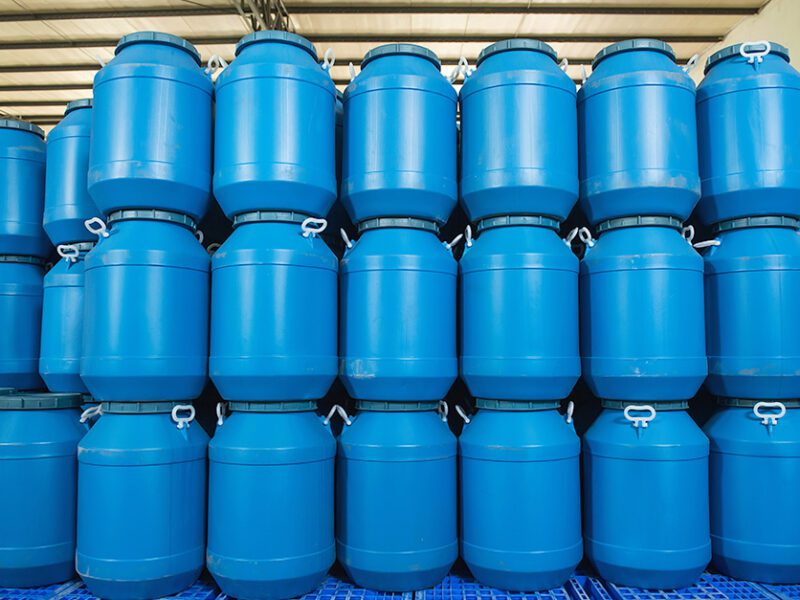
UN Environment Assembly Calls for Action to End the Use of the World’s Most Toxic Pesticides by 2035
March 4, 2024
In a historic move for safer food and farming, the U.N. Environment Assembly (UNEA) today called for action by 2035 to eliminate the use of the world’s most toxic pesticides globally. Called highly hazardous pesticides (HHPs), these chemicals are known to cause significant environmental damage
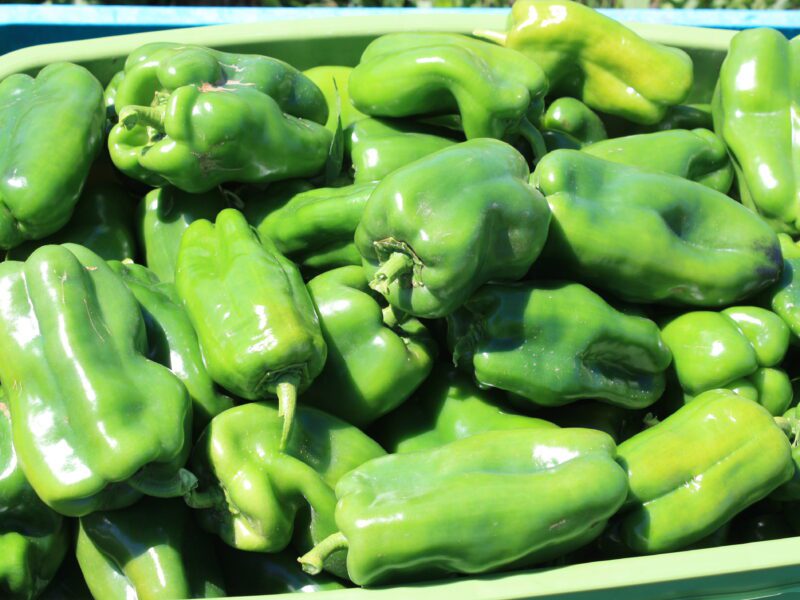
Good news, bad news: dicamba use halted, not halted
February 22, 2024
A February 6 court decision directed that the use of dicamba be halted for over-the-top (OTT) applications on soybeans and cotton. However, the EPA is allowing the use of existing stock of dicamba under the old use-label guidelines for the 2024 growing season.
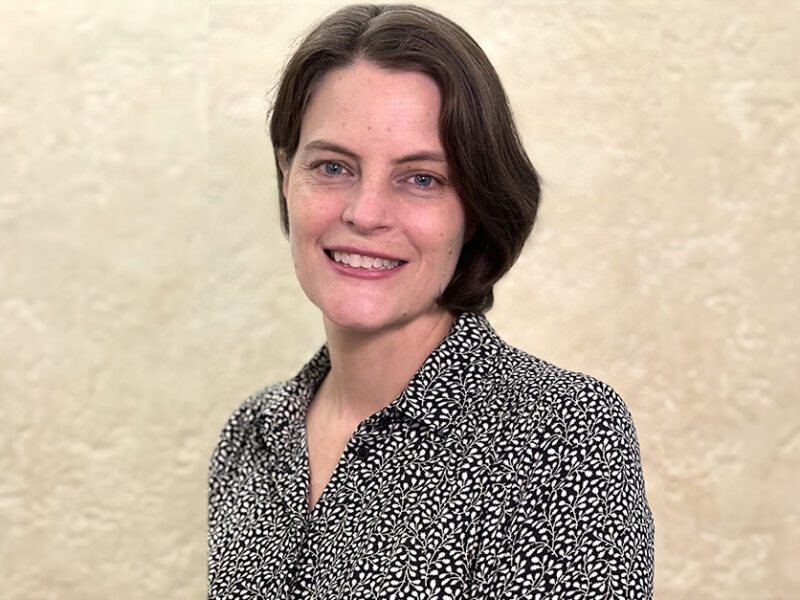
People of PAN: 3 Questions With Allison
February 22, 2024
Each person on our staff or sitting on our Board of Directors brings something unique to our work and values. In embracing how this individuality makes us stronger, we’re embarking on a series of blogs, People of PAN, which will highlight the unique characteristics that
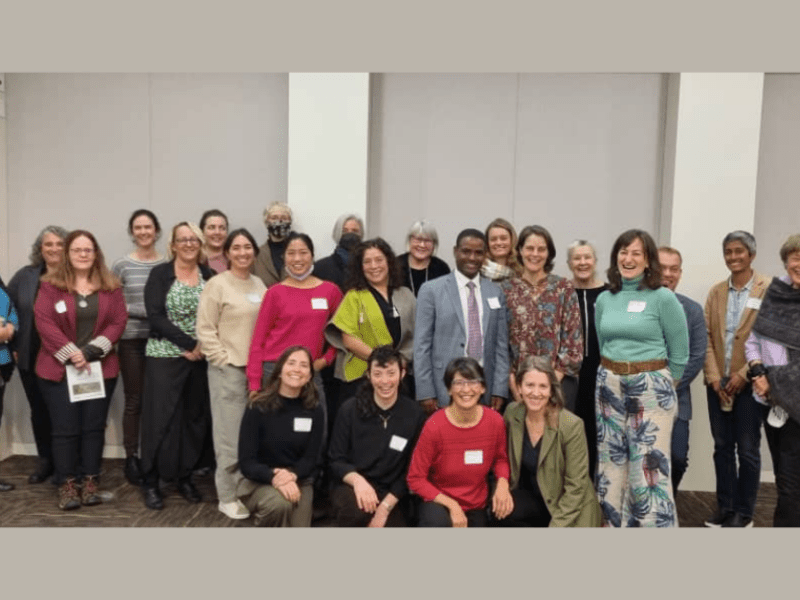
Agroecology thought leaders convene to discuss the future of food and farming
February 15, 2024
Recently, a small contingent of the world’s leading thinkers and advocates for agroecology convened in Berkeley, California, to discuss the future of food and farming with PAN. Their goal was to explore strategies to promote alternatives to pesticides and push back against the agrochemical industries



